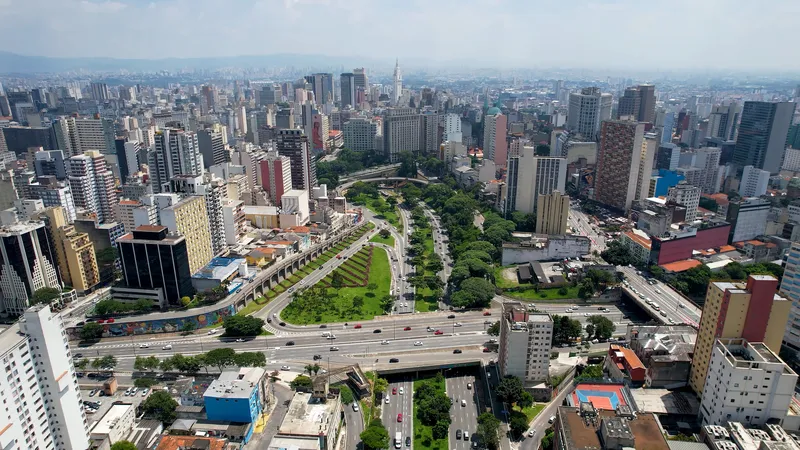The National Coalition for Safer Roads (NCSR) has released new research showing that New Jersey residents who took part in a survey it commissioned overwhelmingly support the use of red light safety cameras. The poll found that 77 per cent back the use of cameras at busy intersections in New Jersey, with 43 per cent saying they ‘strongly support’ the cameras.
April 18, 2012
Read time: 2 mins
RSSThe National Coalition for Safer Roads (NCSR) has released new research showing that New Jersey residents who took part in a survey it commissioned overwhelmingly support the use of red light safety cameras. The poll found that 77 per cent back the use of cameras at busy intersections in New Jersey, with 43 per cent saying they ‘strongly support’ the cameras.
"New Jersey voters report that drivers in the state are more careful when they are aware that red light cameras are installed at busy intersections," said Adam Geller, founder and CEO of National Research Inc, whose client list includes Fortune 500 companies, and elected officials throughout the country, including New Jersey Governor Chris Christie. "They perceive the same thing as other studies are showing – that these cameras make roads safer, help prevent accidents, and save lives."
Among 600 likely New Jersey voters, more than half (56 percent) report they drive more carefully when they know that red light safety cameras are present. More than seven in ten (71 per cent) believe other drivers are more careful when safety cameras are present.
"Drivers, pedestrians, cyclists and passengers have made it clear they want these cameras in their communities," said David Kelly, president and executive director of the National Coalition for Safer Roads (NCSR), and former acting administrator of the834 National Highway Traffic Safety Administration (NHTSA). "Although there is a vocal minority who opposes these life-saving devices, the public overwhelmingly supports red light safety cameras because they change dangerous driver behaviour, reduce accidents and save lives."
The new survey comes on the heels of a national study conducted by the Insurance Institute for Highway Safety showing that two thirds of drivers in 14 big cities with longstanding red light camera programmes support their use, and that more than 90 per cent of drivers surveyed in the 14 cities believe red light running is unacceptable. More than 80 per cent deem it a serious threat to personal safety.
"New Jersey voters report that drivers in the state are more careful when they are aware that red light cameras are installed at busy intersections," said Adam Geller, founder and CEO of National Research Inc, whose client list includes Fortune 500 companies, and elected officials throughout the country, including New Jersey Governor Chris Christie. "They perceive the same thing as other studies are showing – that these cameras make roads safer, help prevent accidents, and save lives."
Among 600 likely New Jersey voters, more than half (56 percent) report they drive more carefully when they know that red light safety cameras are present. More than seven in ten (71 per cent) believe other drivers are more careful when safety cameras are present.
"Drivers, pedestrians, cyclists and passengers have made it clear they want these cameras in their communities," said David Kelly, president and executive director of the National Coalition for Safer Roads (NCSR), and former acting administrator of the
The new survey comes on the heels of a national study conducted by the Insurance Institute for Highway Safety showing that two thirds of drivers in 14 big cities with longstanding red light camera programmes support their use, and that more than 90 per cent of drivers surveyed in the 14 cities believe red light running is unacceptable. More than 80 per cent deem it a serious threat to personal safety.








